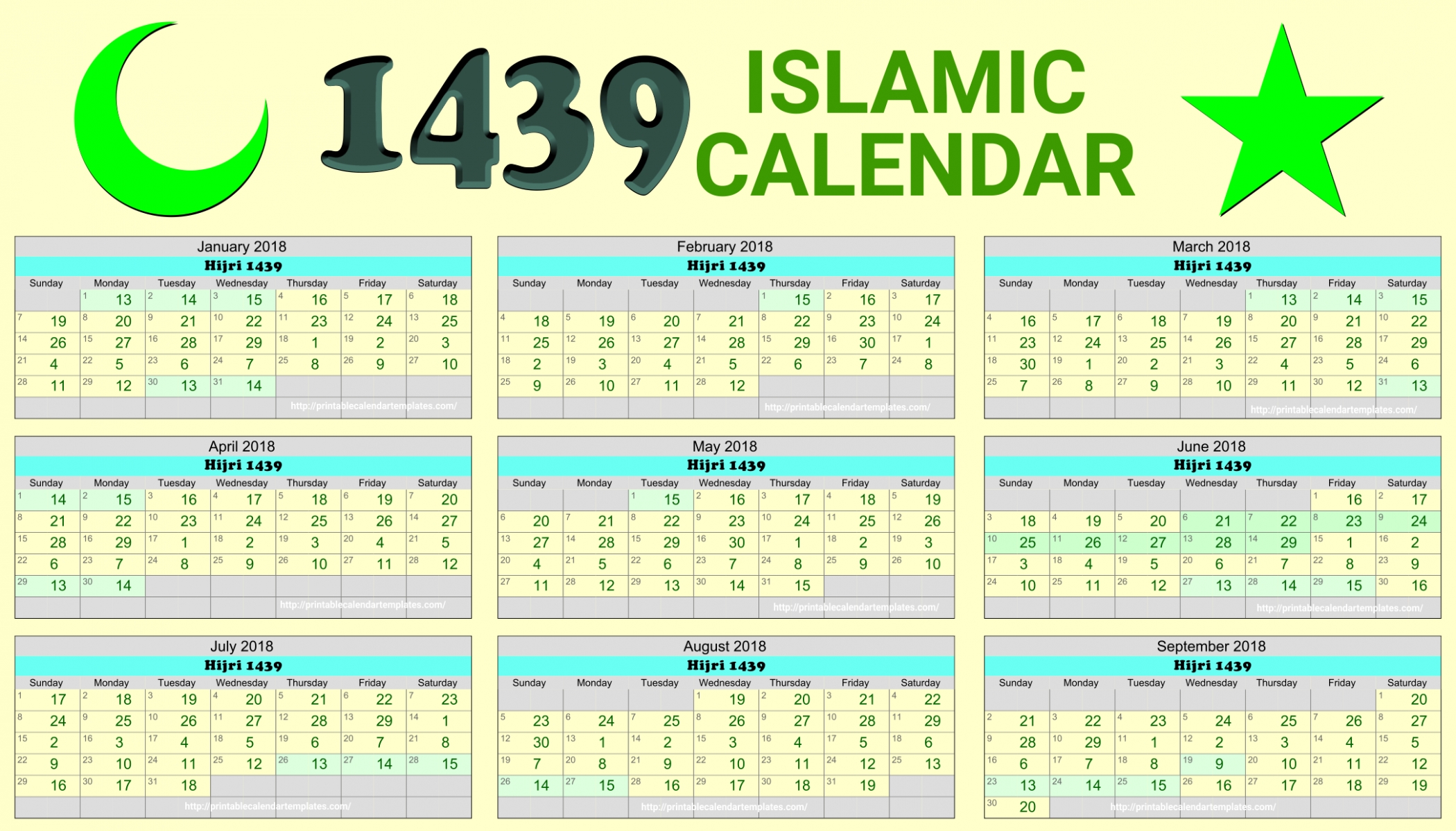

In a bid to resolve the discord, religious representatives from about 50 Muslim countries convened in Istanbul May 28-30 for an International Hijri Calendar Unity Congress. And those who disagree watch with a bit of envy that we Turks know the Eid a year in advance,” he added, tongue-in-cheek. “Those who say the Eid is tomorrow take to the streets for shopping, even if it is midnight.

The Eid is announced only the evening before,” he said. If the Saudis say the Eid starts today, the Shiites would say tomorrow. We would also let our relatives in Sweden know that the Ramadan was starting,” she added.Īn academic friend of mine, meanwhile, recounted his experience in Lebanon, a country whose diverse religious and sectarian diversity makes the controversies on the Hijri calendar even more pronounced. “And in my childhood, they would beat drums. Once the crescent was sighted, they would beat tins and rush to cook and clean, excited that the fasting begins the following day,” Memisoglu told Al-Monitor. As a small girl, my mother would even compete with her peers to be the first to spot the crescent in the sky. “To know the beginning of the lunar month, the people of Trabzon would watch the sky only. On the eve of the holy month of Ramadan, Leman Memisoglu, an 88-year-old Turkish woman, recalls how her mother, a resident of the Black Sea city of Trabzon, recounted the arrival of Ramadan a century ago. Because of sectarian differences, various communities in the same country are also often at odds, starting the fast and Eid on different dates. Arab countries like Saudi Arabia, Egypt, Syria, Iraq and the United Arab Emirates, on the other hand, take as a basis the moon’s state of alignment with the Earth. For Muslims in Turkey, Central Asia and the Balkans, Ramadan fasting starts after the crescent of the new moon is sighted with a naked eye. The exact start of Ramadan, which is a lunar month, and the Eid al-Fitr holiday that follows the fast have long been an issue of conflict in the Islamic world.


 0 kommentar(er)
0 kommentar(er)
